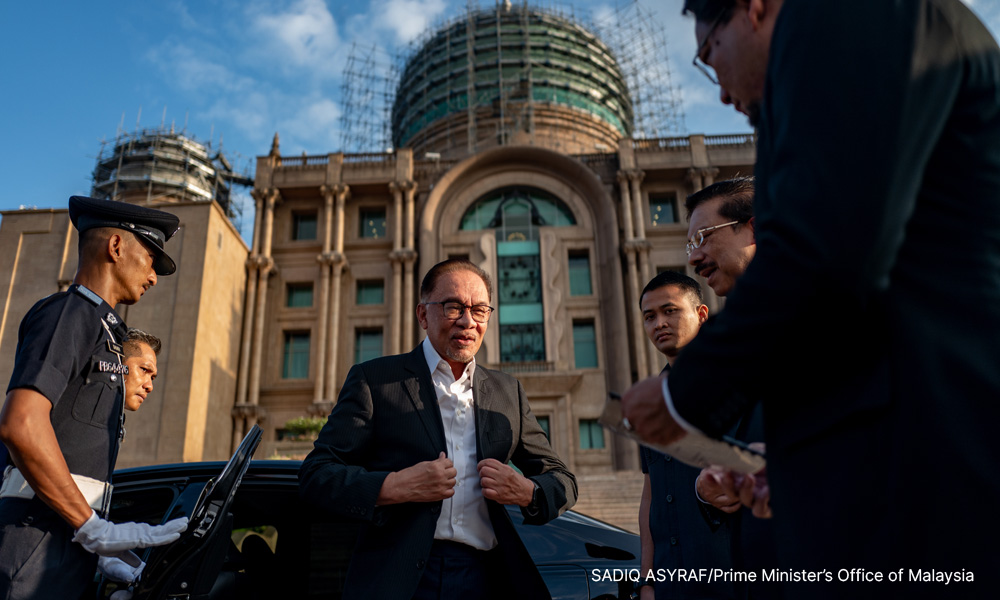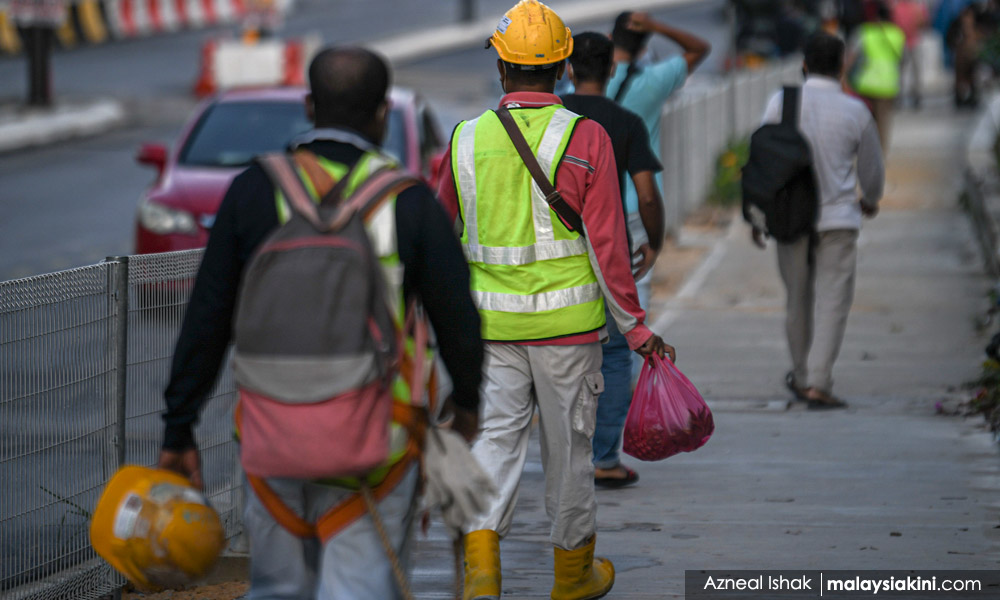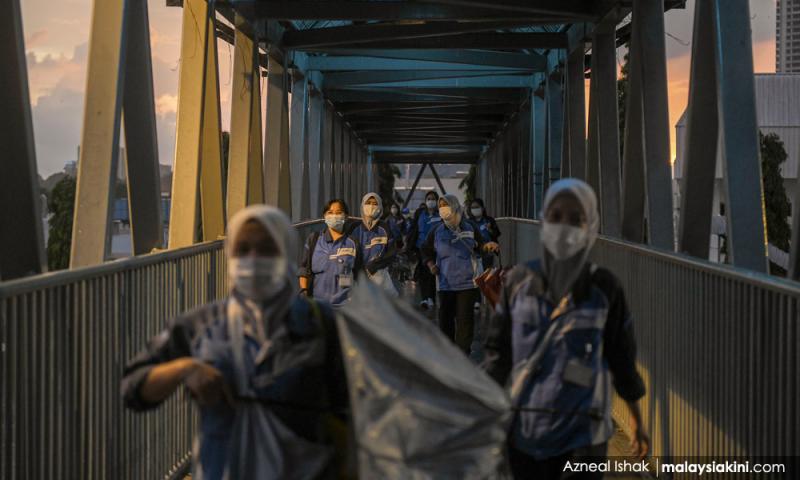COMMENT | Fundamental labour reform required
COMMENT | There is widespread euphoria both domestically and internationally on the appointment of Anwar Ibrahim as Malaysia's 10th prime minister.
Having overcome so many obstacles en route to the top job, the parallel drawn to former South African president and anti-apartheid leader, Nelson Mandela, is not unwarranted.
Among the many issues which the prime minister has to tackle would be the growing disaffection of workers and in particular the working poor in the country.
Every government which has come to power in Malaysia, including the Pakatan Harapan government in 2018, has made pronouncements about caring for workers and protecting their interests. To a very large extent, all of them have failed.
At best, some nominal moves have been made to benefit workers, such as the introduction of the minimum wage in the country in 2013.
Before introducing any tactical and usually tokenistic measures to momentarily appease workers, a strategic evaluation should be undertaken to appreciate the strengths and weaknesses of the system and then decide on what needs to be done by the government to deal with the issues afflicting workers in the country.
If it means that the system has to be radically overhauled, the new government should have the political will to do so. For too long, gesture politics has been mistaken for governing.

It is now the time for the government to govern and deal with the rising cost of living, absolute and relative poverty, exploitation of workers and persecution of labour activists.
Where we refer to poverty, whether absolute or relative, it has to be gauged within the context of the current day and not using standards of yesteryears. In today's world, is having a mobile phone a necessity or a luxury? The government should look to ensure that every worker is paid a "living wage" so that they can participate meaningfully in society.
The question of one being pro-capital or pro-labour should not arise, and the direction should be on creating a platform where social justice thrives. All Malaysians, irrespective of their starting and current positions in life, must have an equal opportunity to define their social and economic destinies.
Industrial relations system
Merit, enterprise and hard work should be rewarded, as much as there needs to be a safety net for all Malaysians. The system has to allow for both businesses and workers to share in the prosperity of the country. At present, the system is heavily weighted in favour of big businesses, where workers' rights have been trampled upon with impunity.
The industrial relations system in Malaysia is a legacy of British colonialism, which has been and is still being used to suppress the rights of workers in the country. It allows for a callous form of capitalism to exist, with a system based on rules written in favour of those who possess riches.
Social mobility, which undergirds any form of a merit-based system, becomes a step too far for so many. Faith in the system has been eroded over time, and herein lies a real danger as when people lose confidence in the system of governance anarchy will take root in different forms.

The prime minister can start reframing things by going back to having a Labour Ministry, which was the case before it was called the Human Resources Ministry. As much as this may seem to be semantics, it would be the start of refocusing the attention of the government towards catering to the interests of ordinary Malaysians first.
In order to revamp the labour landscape in the country, things need to be done differently and some new perspectives are required.
The traditional approach of how Malaysia's colonial masters and kleptocrats looked at things needs to be dispensed with. There are some brilliant minds currently outside of the system which can be tapped into, such as Syed Shahir Syed Mohamud and KS Jomo.
Anwar has asserted that he expects his soon-to-be-formed cabinet to work closely with the civil service.
Though that is clearly necessary, there is an equally urgent need to ascertain whether there is the right level of competence within the civil service to support the change agenda he plans to deliver.
The cries of the working poor have to be heard by the government, with the situation dire and the patience of the rakyat drying up fast.
CALLISTUS ANTONY D’ANGELUS is the international labour advisor at Social Protection Contributors' Advisory Association Malaysia (SPCAAM)
The views expressed here are those of the author/contributor and do not necessarily represent the views of Malaysiakini.
RM12.50 / month
- Unlimited access to award-winning journalism
- Comment and share your opinions on all our articles
- Gift interesting stories to your friends
- Tax deductable
